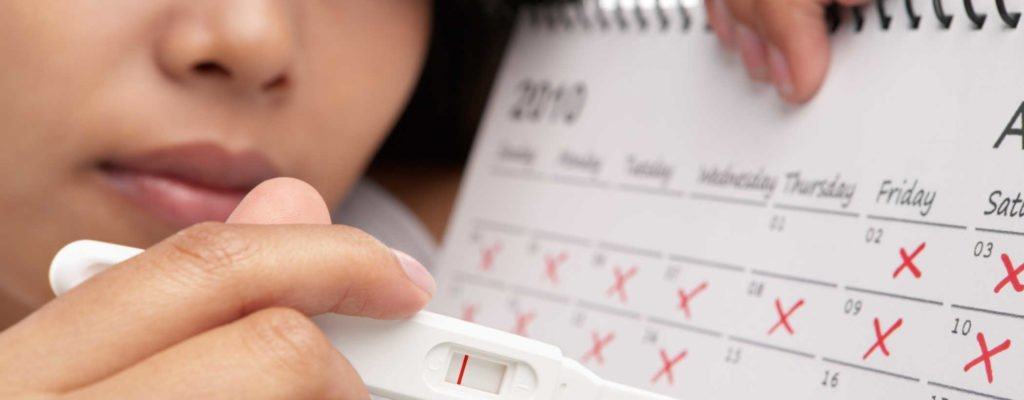
Many people send questions to aFamilyToday Health that how long after sex can you know you are pregnant? Dear friend, to judge whether you are pregnant or not, you will rely on missed period, pregnancy report as well as other typical symptoms and especially a positive pregnancy test result.
What for a positive pregnancy test?
A pregnancy test is a test to detect the human chorionic gonadotropin (hCG) hormone in the blood or urine to determine if a woman is pregnant.
You soon find out if you are pregnant depends on the levels of hormones in your body, and all currently available tests are due to the presence of the beta subunit of hCG in your blood or blood. urine.
The hCG hormone is released from leaf tissue cultured in the placenta, and the presence of hCG determines whether you are pregnant early. In rare cases, hCG may be produced by vegetable carcinoma or from other germ cell tumors or even cancer, such as lung cancer.
When did hCG appear?
hCG can be found in the urine after implantation in the uterus, which occurs on average about 9 days (varies from 6 to 12 days) after fertilization.
The hCG blood test can detect an hCG threshold as low as 1 mlU / ml, while a urine test has a detection threshold between 20-100 mIU / ml and depends on the sensitivity of the pregnancy test label. You can refer to the article When pregnancy test gives the most accurate results?
HCG levels indicate fetal development
Serum beta hCG test is performed in units of mIU / ml. An hCG level above 25 mIU / ml is usually a preliminarily positive diagnosis. But usually to determine pregnancy and normal fetal development, people will use the test 2 times, usually 2-3 days apart. The increased amount of hCG in the serum may monitor the interaction.
If the hCG is below 1200 mIU / ml it will usually double after 48-72 hours, but an increase of about 50-60% is also considered normal.
If the hCG is in the 1200-6000 mIU / ml range it usually doubles after 72-96 hours.
Above 6000 mIU / ml, it usually takes more than 4 days for the hCG to double.
An abnormally elevated or unchanged hCG may indicate fetal underdevelopment or an early sign of a miscarriage or ectopic pregnancy. After a miscarriage, hCG usually drops quickly to the level of not being pregnant. As with an abnormally elevated hCG, an increase-decrease-increase is often a sign of suspicion of ectopic pregnancy. The hCG beta reading is also used to evaluate germ cell tumors or cultured foliar tumors.
So, if you have a pregnancy test too early and get a negative result, wait patiently after 2-3 days to try again. If both the results on the pregnancy test and the blood test show that you are not pregnant. Be patient and learn more steps to get pregnant early . Do not be discouraged by you!
Relationship between ultrasound and hCG
Ultrasound can be detected as early as 6-8 weeks depending on whether the technician has seen the fetal sac or embryo or fetus in the womb. In general, pregnancy is usually detected 25 days after ejection by means of a transvaginal ultrasound (usually with an hCG equivalent> 1500 mIU / ml).
Knowing early pregnancy diagnosis will help you track the development of the fetus, the structure of the pregnancy is normal or not, thereby having active interventions, proper nutrition and working regime does not affect fetus.












